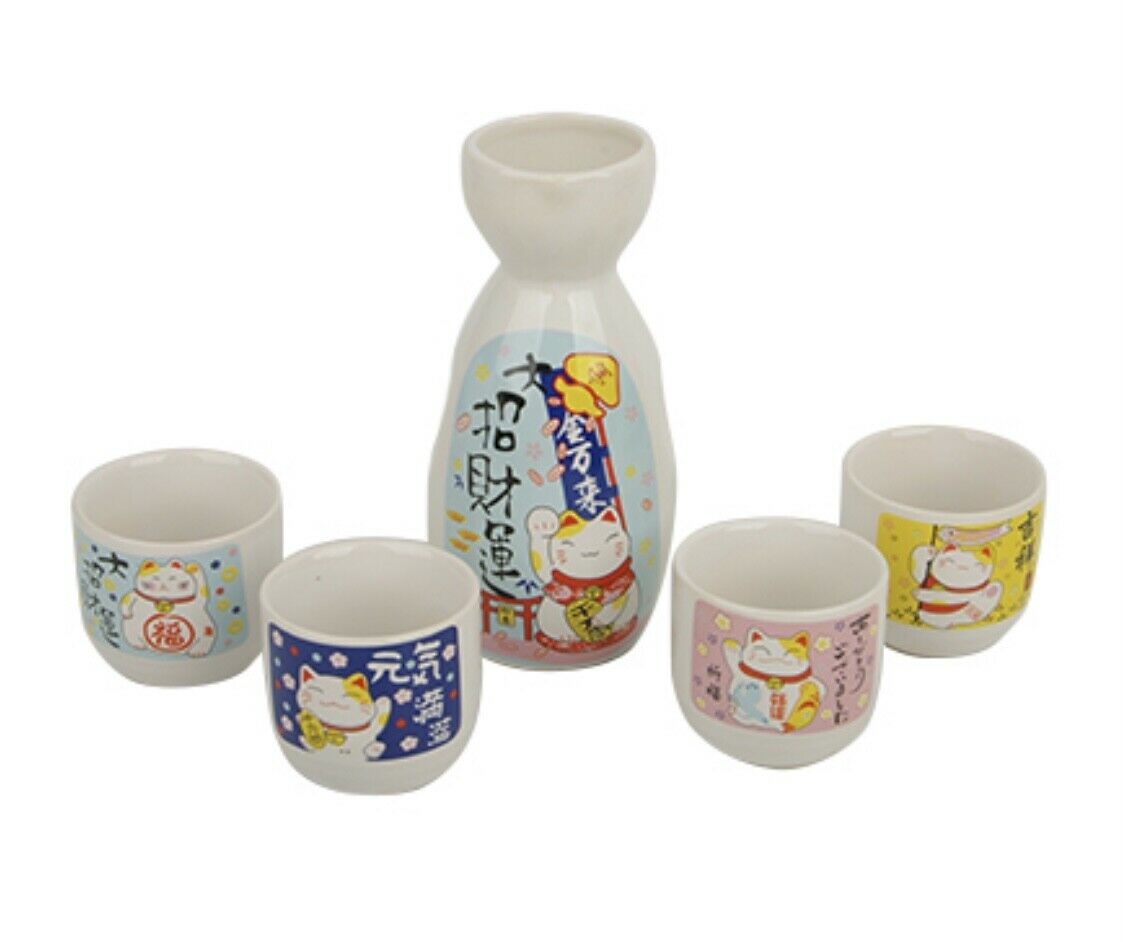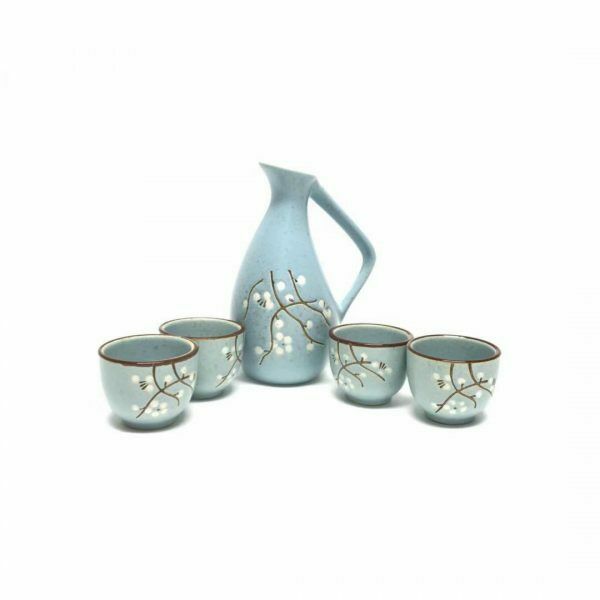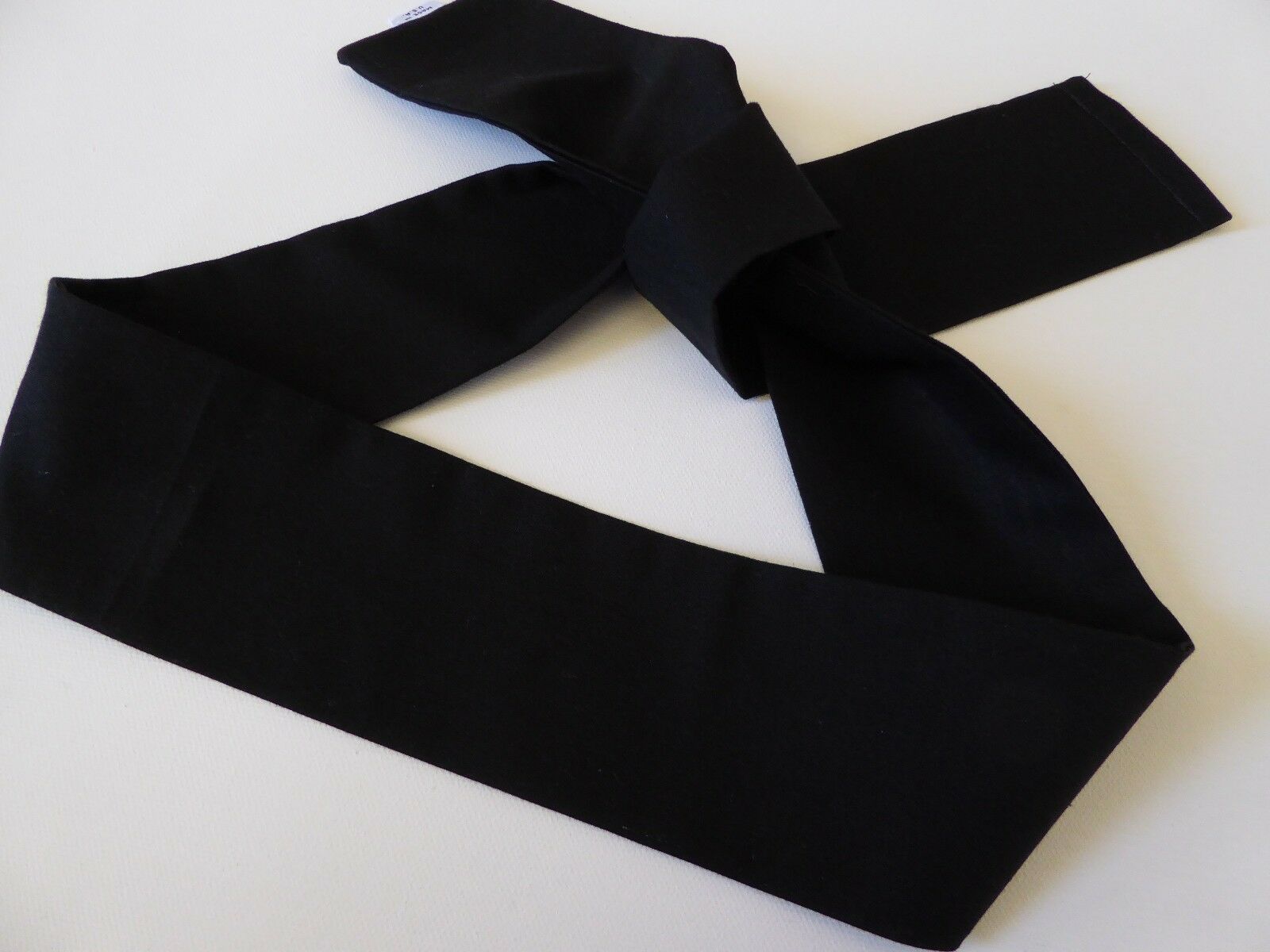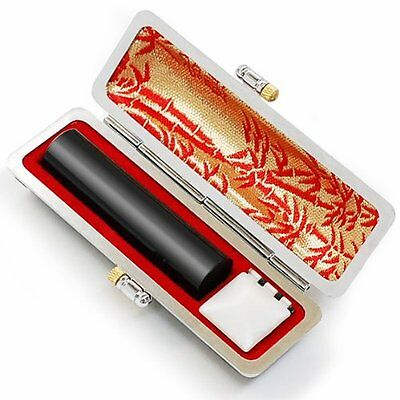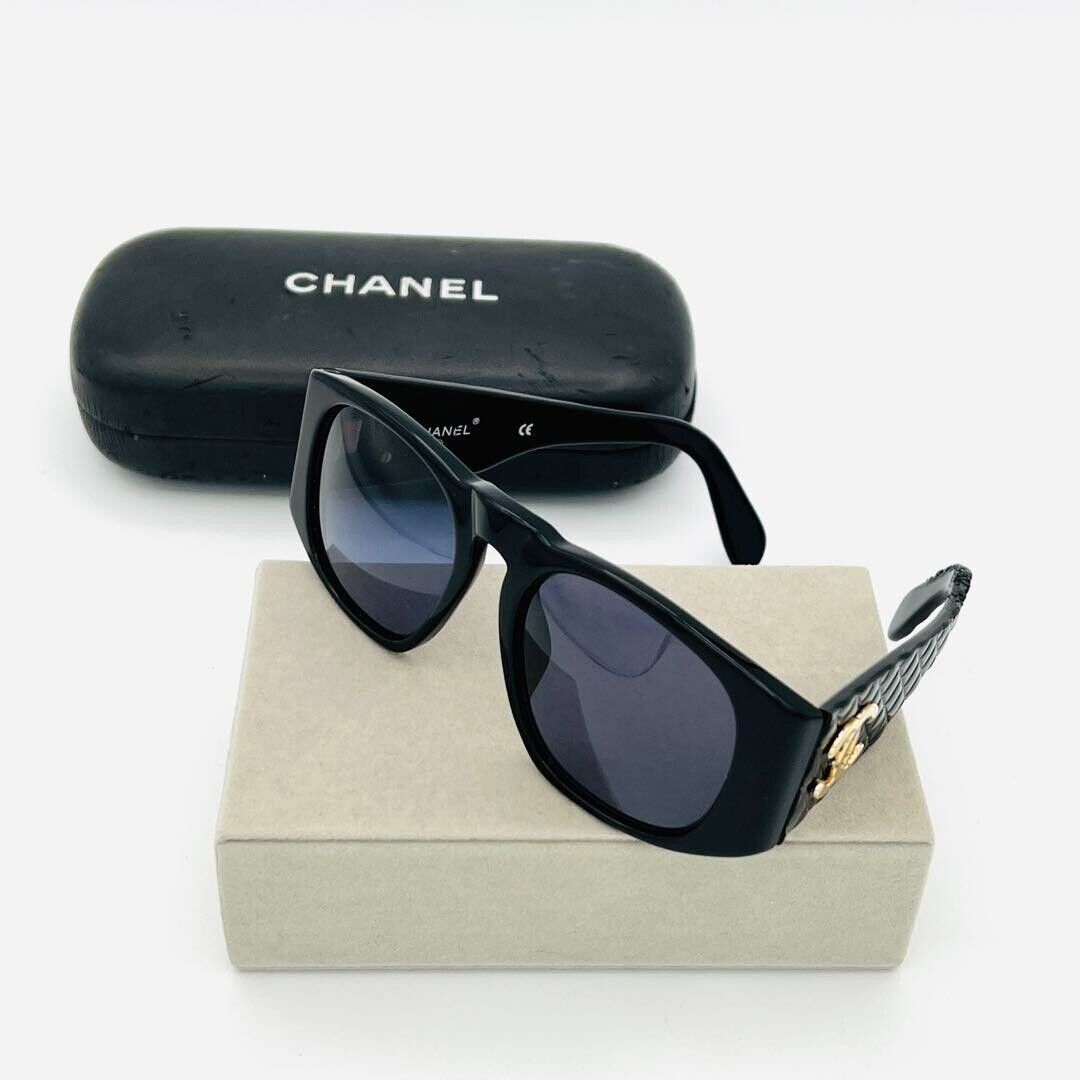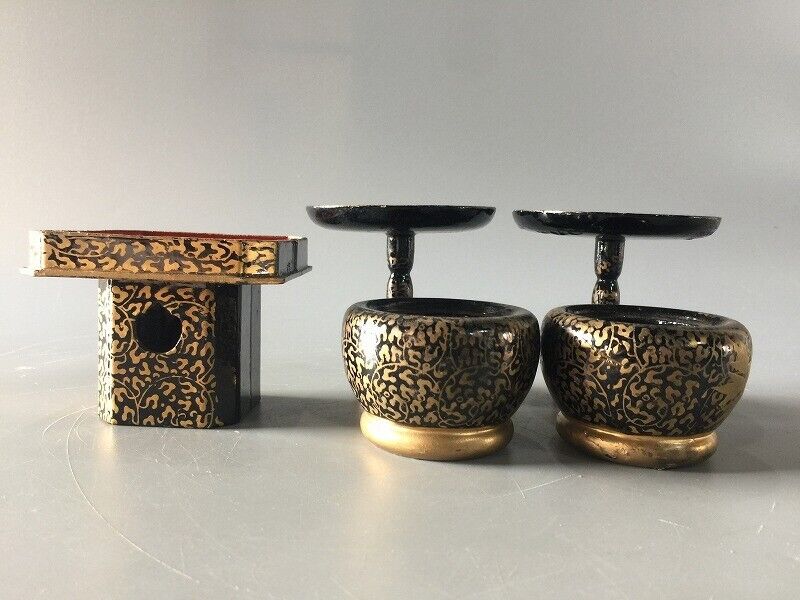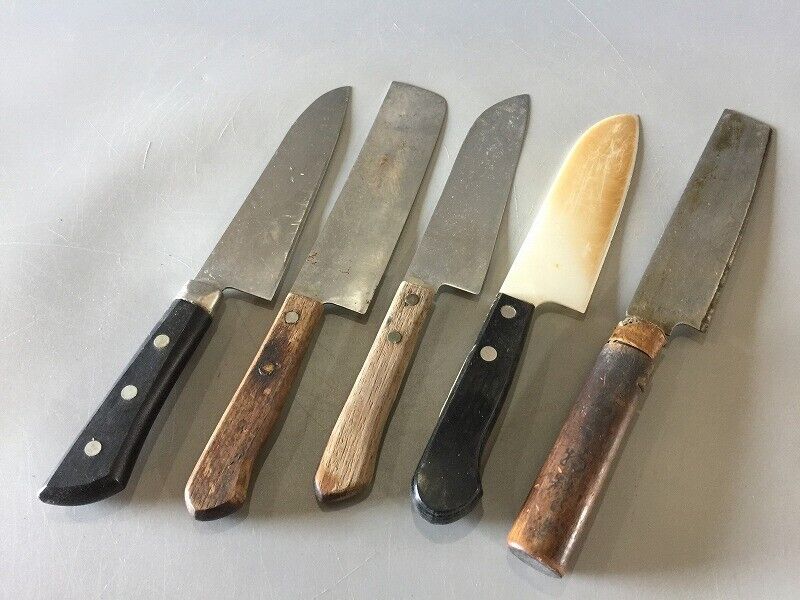-40%
Vintage 1950's Japanese Lined Hand Dyed Indigo Apron Sushi Chef Ichiban CookSan
$ 39.6
- Description
- Size Guide
Description
For sale is a Vintage Japanese Hand Dyed Indigo Fabric Advertising dating back to 1950’s Japan. This gorgeous piece was crafted in the traditional time honored way: intricately woven for strength and durability and hand dyed the deepest Indigo blue. The design is the same on both sides. The piece measures approximately 18 1/2” wide by 26” long including the fringes and is in lovely Vintage condition with the expected light wear for its age. We purchased this piece at an Estate Sale where it had been used as a Japanese Fabric Wall Art hanging along with several others. From our research, it appears that this piece of fabric was originally intended to be used as a traditional Japanese Maekake Apron as we purchased it along with two others that were made to be used as aprons (Please see our other Japanese Fabric listings). This great piece can be used as-is as a wall hanging, framed to create a stunning Art piece or, alternately, turned into a Japanese Maekake Apron. The fabric is in lovely condition with the expected light wear for its age and could benefit from a good cleaning. Please examine all photographs carefully prior to purchase.About the traditional Japanese Maekake Apron:
Maekake are a traditional style of Japanese apron, tied at the hips and worn by the craftsmen and the staff of certain shops. Maekake have been favored by workmen since the 15th century Muromachi period. The name Maekake comes from Mae, meaning front, and the verb Kakeru, to hang. Occasionally, the variant Maetare is used, with tare derived from the verb Tarasu, to drape or suspend. An essential part of the Japanese workman's uniform, Maekake are worn especially among merchants and craftsmen running family businesses, and by workers in independent shops like rice, lumber and liquor stores. The simple design, a thickly woven square of cotton cloth with long straps, displays both the taste and practical wisdom of the garment's original creators.The Maekake is worn by tying the sturdy cloth around the hips and allowing the front square to drape past the knees and often to the ankles. The classic indigo color reflects the Japanese sense of this color as tranquil and assuring. The company or shop's trademark and name are printed prominently on the front, often along with the telephone number or year the company was founded. The apron thus functions both as an advertisement and a symbol of the wearer's pride in his or her work. Over the past several decades, the market has seen a flood of non-Japanese aprons made in China and elsewhere, but even today traditional Japanese Maekake are highly valued as part of the working uniform of shopkeepers and craftsmen throughout the country and are sought after internationally by many collectors of Japanese garments and accoutrement.


